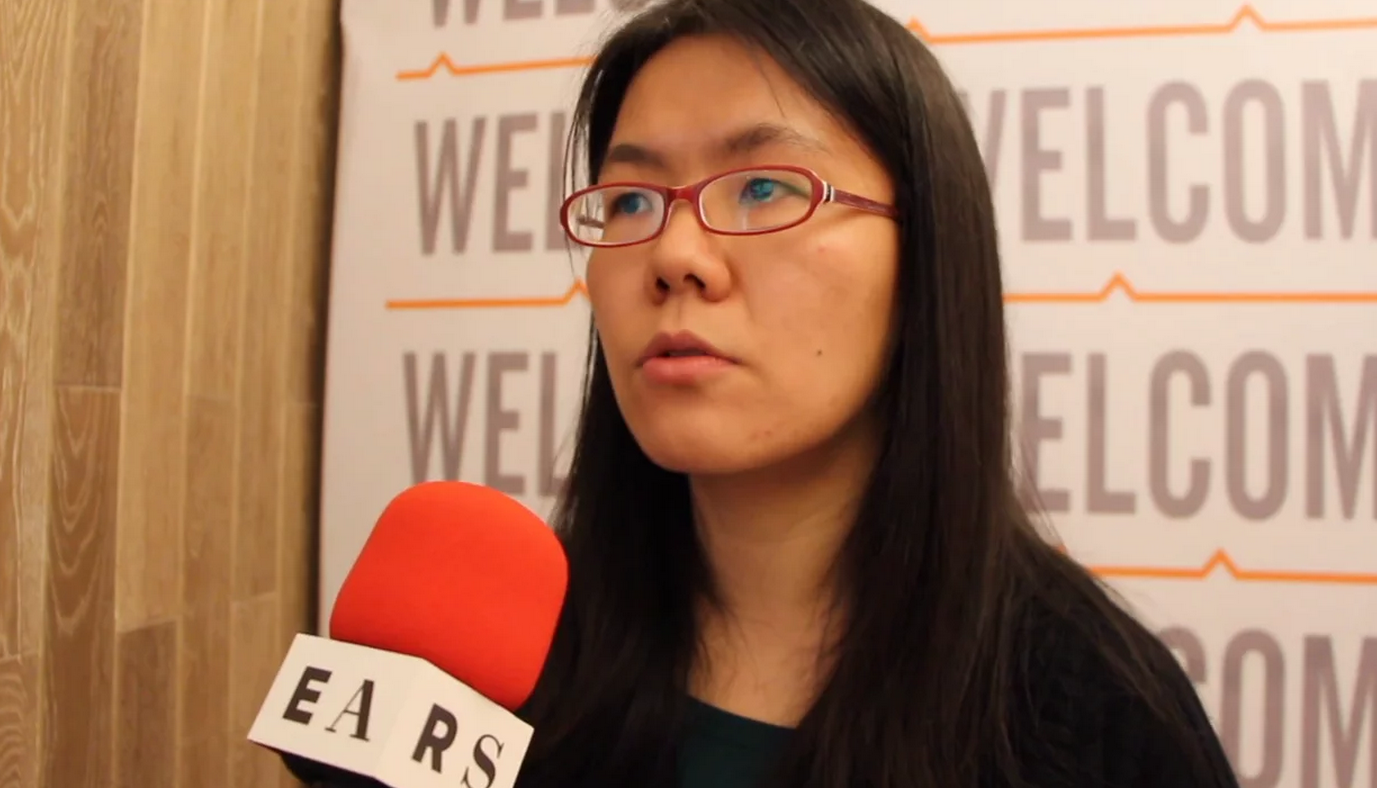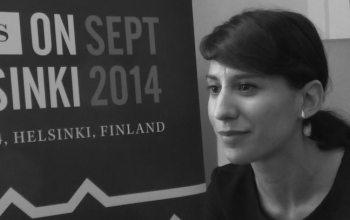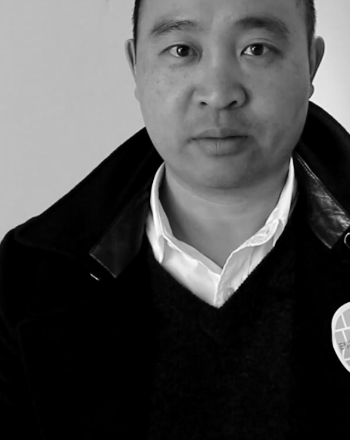United Asia Live Entertainment Co. Ltd produces musicals and large-scale concerts in Chinese area. The company’s first imported musical “Mamma Mia!” was staged in six Chinese cities over seven months and broke numerous box office records. Read on to learn more about China’s musical market from Senior Brand Manager of United Live China Entertainment Chenlin Zhao.
Hey, who are you and what do you do?
My name is Chenlin Zhao and I’m the Senior Brand Manager of United Live China Entertainment. It’s a company that produces musical theaters in China. We have produced, for example, Chinese versions of the “Mamma Mia!” musical (2011) and “Cats” (2012). In 2013 we were touring with these two musicals around China. We have also two middle-sized and other small productions going on.
What do the Chinese think about musicals?
In Shanghai the musical boom started in 2002. It was the first time when a real world class musical, “Les Miserables”, entered Shanghai. It was very well welcomed and loved by the audience in here. Since then, the Shanghai Grand Theater has done one big musical show every year. We’ve had english versions of “Mamma Mia!”, “Hairspray”, “The High School Musical”, “Cats” and many other shows as well so the audience is really used to musical theater here in Shanghai. The situation is also quite similar in Quanzhou and in Beijing. Generally, most people know the form of musicals but not as well as in these big cities. We have had great success in China especially with “Mamma Mia!” and “Cats” as they have been originally very popular in China.
We put a lot of time and energy in keeping the meanings in the musicals original
What kind of changes you do when you bring musicals to China?
We do Chinese versions of the shows so of course we need to translate the script and also the lyrics. First we need to make sure that the translation is understandable. When translating to Chinese, there are a lot of difficulties especially in keeping the rhymes right so that people can really understand what songs are about. The Chinese language has different tones and they can totally change the meaning of the song. We have put a lot of time and energy in keeping the meanings as they originally are, and also making the lyrics beautiful and understandable for the Chinese audience at the same time. The translation process has many steps. First we translate the lyrics to Chinese, then we’ll have another team to translate it back to English for the English team so that they can check if the changes in the meanings are acceptable for them.
Mamma Mia songs are pop music by ABBA and easier to translate as they are similar to regular pop songs. But for example as “Cats” is based on poems by T. S. Eliot, the translations are more challenging. When doing the translation, we need to change the certain meanings of words so that people can understand them right. For example in “Cats”, there is a character who is very rich and goes to restaurants and eats a lot of expensive food. We needed to change some of the foods because the original ones wouldn’t have seemed that luxurious for the Chinese.
Are you focused on Western musicals only?
No, we are also doing Chinese productions. They are a bit smaller than shows like “Cats”. The latest one is called “Finding Destiny” and it plays in a small theater in St. Henricks Street. It’s based on a Korean version. It was originally a popular musical in Korea and this is the Chinese version of it. But this time we’ve made quite big changes to the script compared to what we did to “Cats” or “Mamma Mia!” – they are practically the same as in Broadway or West End. “Finding Destiny” is totally adapted for the Chinese audience, they can get into the story very easily.
Also in October 2013 we did a production called “Feast For The Princess” which was 100 % an original show and a Chinese production. But the show is not a real musical, it’s a theater show with a lot of music. This is our first step in doing original Chinese musical theater. We are planning to produce more of them in the future but as we are still learning, we need to take baby steps. Musicals are really complicated to produce.
Musicals are the reason why Chinese go to theater for the first time
What kind of standards do you have for the Western scripts?
First of all, the Chinese audience really likes shows that are famous. The audience needs to know the show first and that’s why we chose “Mamma Mia” and “Cats”. If you bring a totally new show, people in Shanghai might get interested in it but in the smaller cities, if people have never heard of the show, they won’t come to see it. For most of our audience, a musical might be the first theater experience. They want their first experience to be enormous, they want more than a good production and they need the show to be famous.
The second thing we need to keep in mind is that the Chinese are really into stories. That means that when we bring the Western shows to China, we want them to have big stories so that they would interest the audience more. We had some difficulties with this in “Cats” as the most people came to see it just because of the song “Memories”. The English version of “Cats” has been in Shanghai for three times and most of the people who came to see the Chinese version had seen the show before. However, when we asked the audience what was the story about, they had no idea. They had bought the tickets, heard the song “Memory” and were happy. Of course the lyrics are quite difficult as the show is based on poems.






